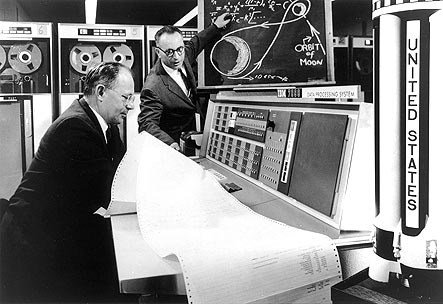Esther Dyson has called for quantified communities, and others are working in the same direction. Computer scientist Sandy Pentland argues at Edge that Karl Marx and Adam Smith didn’t possess the proper information to be completely correct, but we now do:
“These Big Data issues are important, but there are bigger things afoot. As you move into a society driven by Big Data most of the ways we think about the world change in a rather dramatic way. For instance, Adam Smith and Karl Marx were wrong, or at least had only half the answers. Why? Because they talked about markets and classes, but those are aggregates. They’re averages.
While it may be useful to reason about the averages, social phenomena are really made up of millions of small transactions between individuals. There are patterns in those individual transactions that are not just averages, they’re the things that are responsible for the flash crash and the Arab spring. You need to get down into these new patterns, these micro-patterns, because they don’t just average out to the classical way of understanding society. We’re entering a new era of social physics, where it’s the details of all the particles—the you and me—that actually determine the outcome.
Reasoning about markets and classes may get you half of the way there, but it’s this new capability of looking at the details, which is only possible through Big Data, that will give us the other 50 percent of the story. We can potentially design companies, organizations, and societies that are more fair, stable and efficient as we get to really understand human physics at this fine-grain scale. This new computational social science offers incredible possibilities.”
Tags: Alex Pentland, Sandy Pentland

